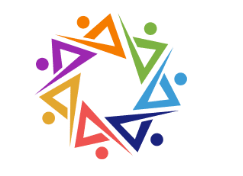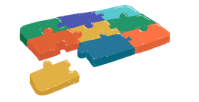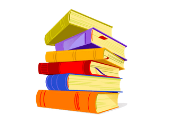What do we think of language? How does language determine our thoughts?

To discuss these fundamental – but frequently disregarded – issues,
DO JOIN US at the 2026 – LIVE – conference devoted to the COGNITIVE side of language and of linguistic education!
In order for the event to be possibly comprehensive, its scope will range from concepts to sciences. Such broadening of perspective we intend to achieve by orienting the event around four (increasingly wider) modules reflecting 4 major aims:
Module 1: CONNECTIONS ![]()
Major objective: to discuss different perspectives on the link between language and thinking (language OF thoughts, language VS. thoughts, thinking THROUGH language, thinking-oriented language, etc.)
Guiding questions: What is first – language or thoughts? How do language and thinking affect each other?
Module 2: SYSTEMS 
Major objective: to address the language-and-thinking link on the level of (complex) personal identities/structures, educational systems, societies and cultures
Guiding questions: How do particular people, societies, educational systems construe and interpret reality? How do different school subjects support cognitive development on the level of language?
Module 3: DOMAINS 
Major objective: to consider how the cognitive component of language determines what we THINK OF language (beliefs), how we ACT WITH language (actions), how we feel ABOUT language (affect)
Guiding questions: How do our linguistic knowledge relate to our beliefs, actions, emotions/feelings? What specific linguistic knowledge is valued, practised, and reflected upon?
Module 4: DISCIPLINES 
Major objective: to share how various disciplines contribute to our understanding of the language-and-thinking link and to embark on interdisciplinary studies not undertaken earlier in the field
Guiding questions: Which theories address the cognitive dimension of language learning/teaching and use? What linguistic knowledge is most conducive to overall development?
If you have any questions, wishes, commens, suggestions, etc., do feel free to write at educationalroleoflanguage@gmail.com